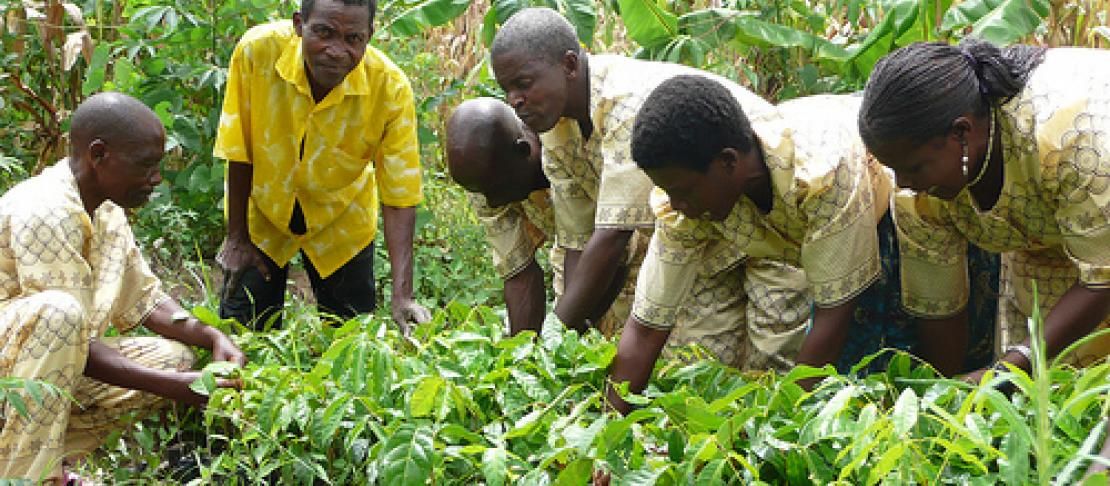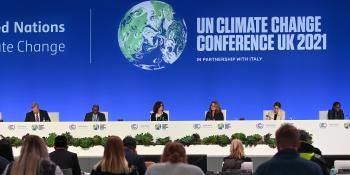New report: Agriculture can in fact be climate-smart

Interesting times are chiming in Bonn as parties argue for and against inclusion of agriculture in the UNFCCC. The Meridian Institute, which specializes in bringing people together over tough issues, has been facilitating negotiators to exchange views through a series of informal dialogues over the past year. This process culminates today in the launch of the report Addressing Agriculture in Climate Change Negotiations. CCAFS staff Bruce Campbell and Sonja Vermeulen are co-authors of the report, along with colleagues from Climate Focus, FAO, UNIQUE consultants and the International Centre for Trade and Sustainable Development.
The current hot debate about agriculture at the SBSTA shows just how diverse our visions for the future of agriculture can be. The Meridian report provides grist for the debate through an objective assessment of key issues in the nexus between agriculture and climate change. Aimed specifically at negotiators, these issues include agricultural production and food security, options for early action, trade, finance, capacity building, technology transfer, and measurement of performance and benefits.
The main message of the report is that agriculture can in fact meet ever–growing demand for food while also contributing meaningfully to mitigation. There are many affordable, cost-effective actions that farmers and governments can take right now – indeed this kind of early action can build confidence, capacity and knowledge. Likewise trade can help, not hinder, food security. Of course the trick is to get institutions right: managing the interface between forests and fields, making best use of multi-lateral trade regimes, getting robust monitoring systems in place, and designing finance systems that incentivize transformation of agriculture both locally and globally.


